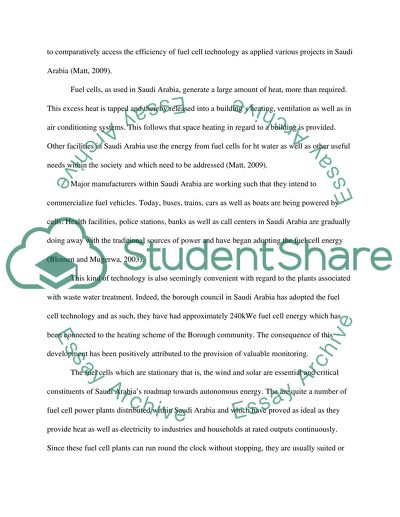Cite this document
(“Fuel Cell Technology: A Comparative Evaluation for Applications in Literature review”, n.d.)
Retrieved from https://studentshare.org/environmental-studies/1397948-fuel-cell-technology-a-comparative-evaluation-for
Retrieved from https://studentshare.org/environmental-studies/1397948-fuel-cell-technology-a-comparative-evaluation-for
(Fuel Cell Technology: A Comparative Evaluation for Applications in Literature Review)
https://studentshare.org/environmental-studies/1397948-fuel-cell-technology-a-comparative-evaluation-for.
https://studentshare.org/environmental-studies/1397948-fuel-cell-technology-a-comparative-evaluation-for.
“Fuel Cell Technology: A Comparative Evaluation for Applications in Literature Review”, n.d. https://studentshare.org/environmental-studies/1397948-fuel-cell-technology-a-comparative-evaluation-for.


